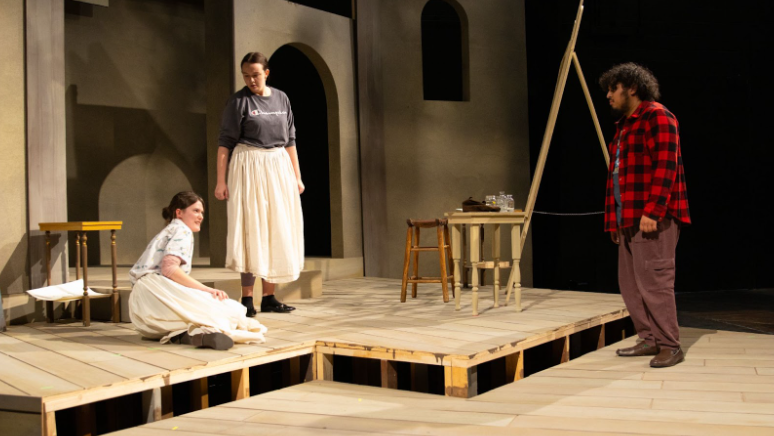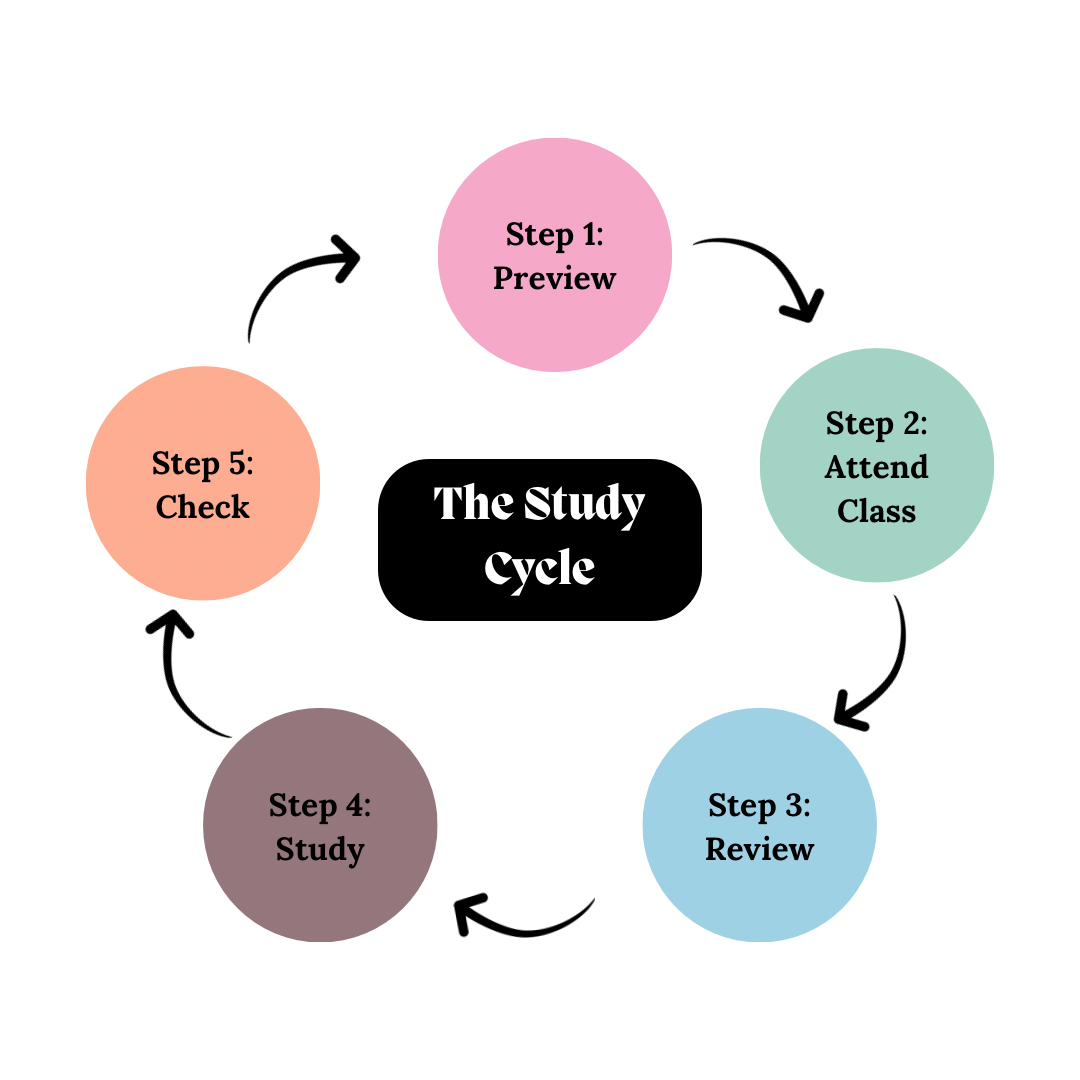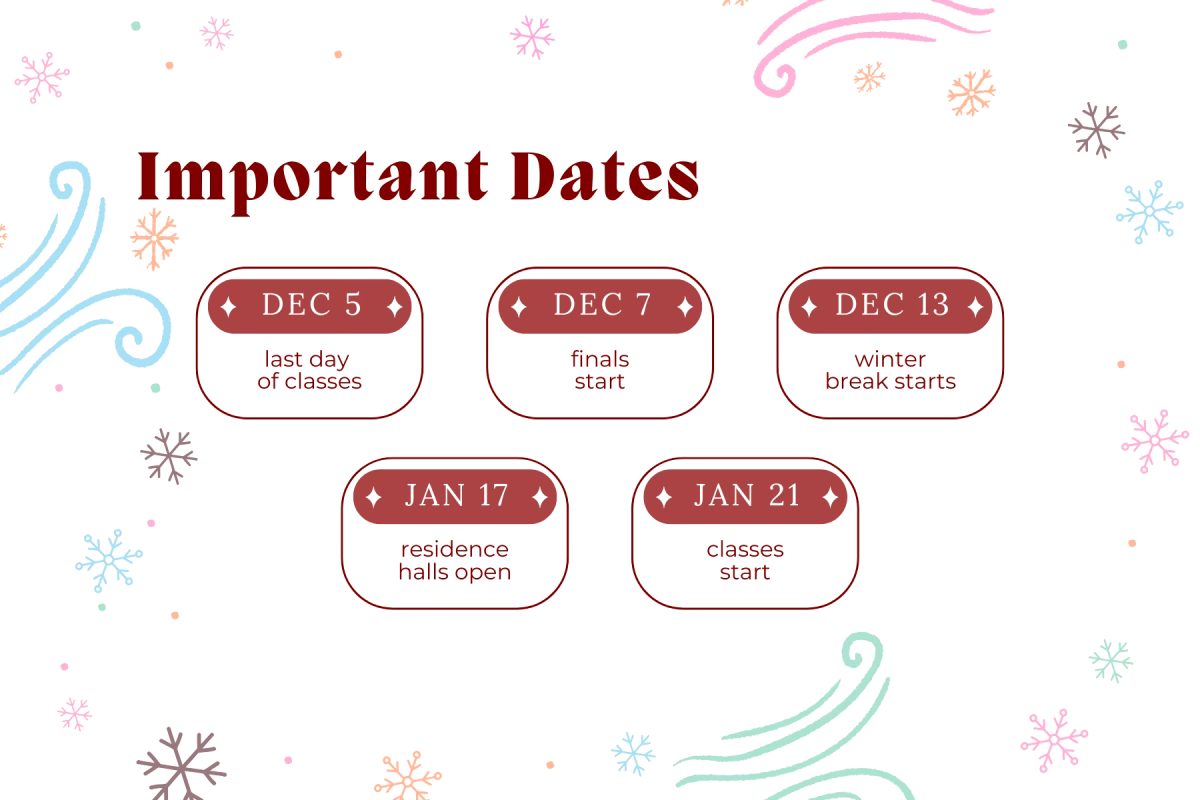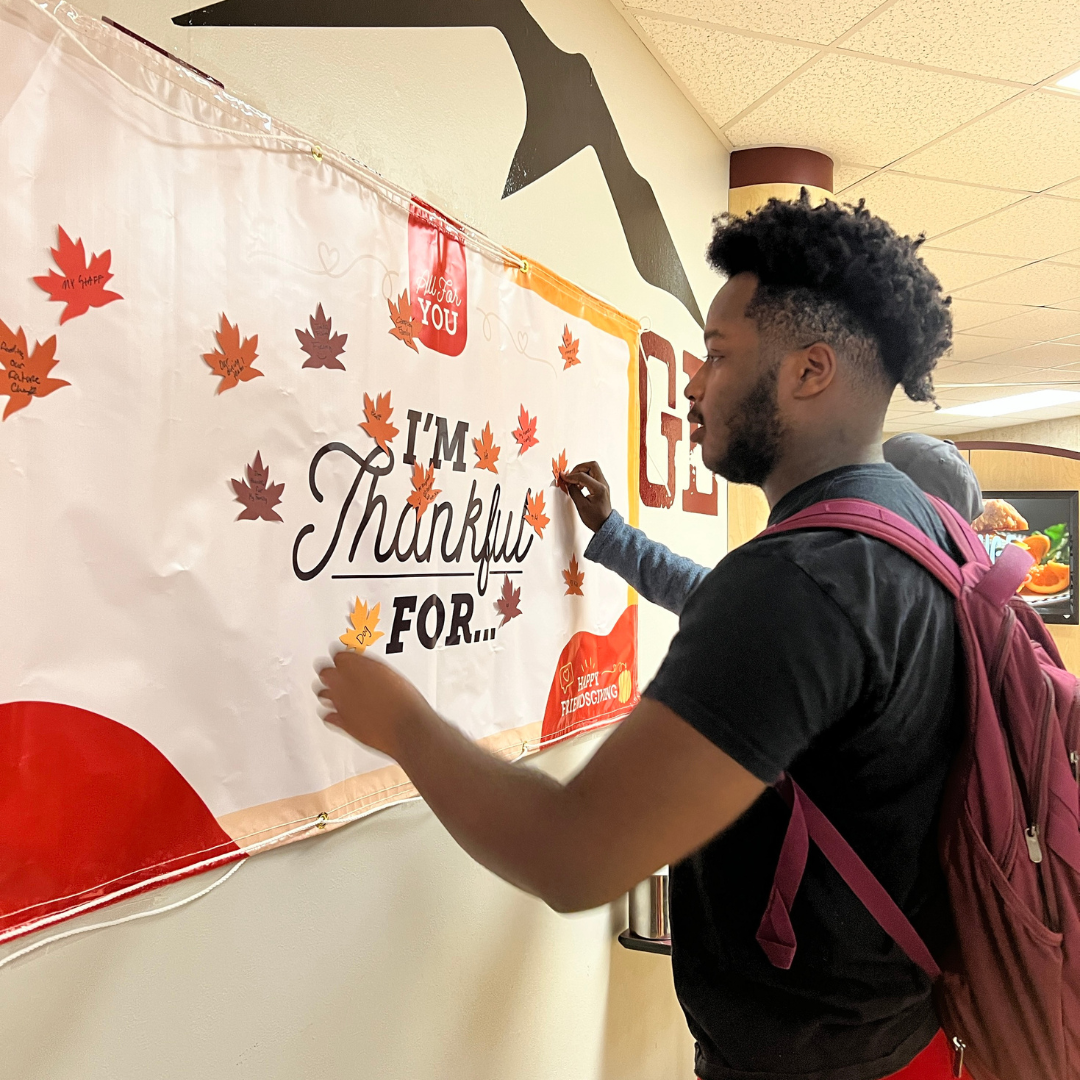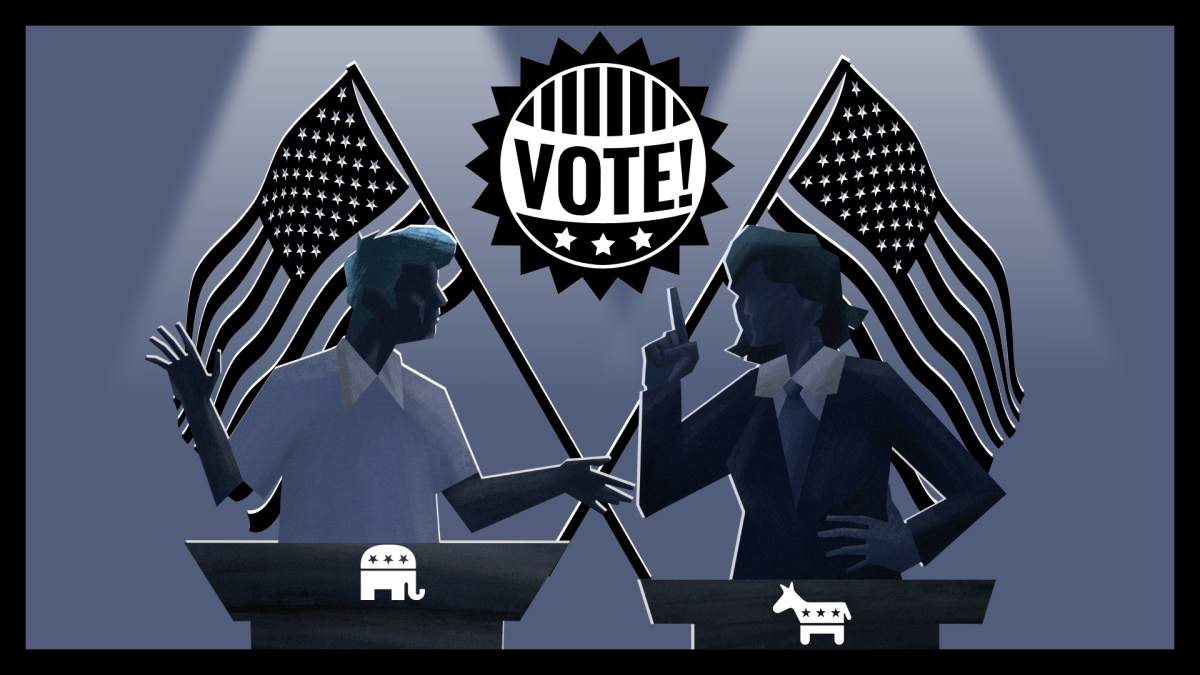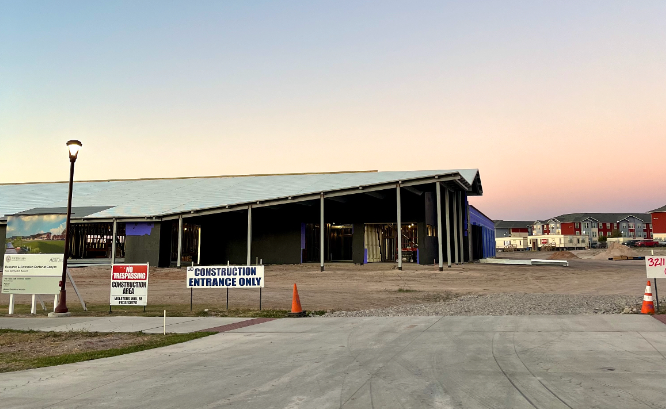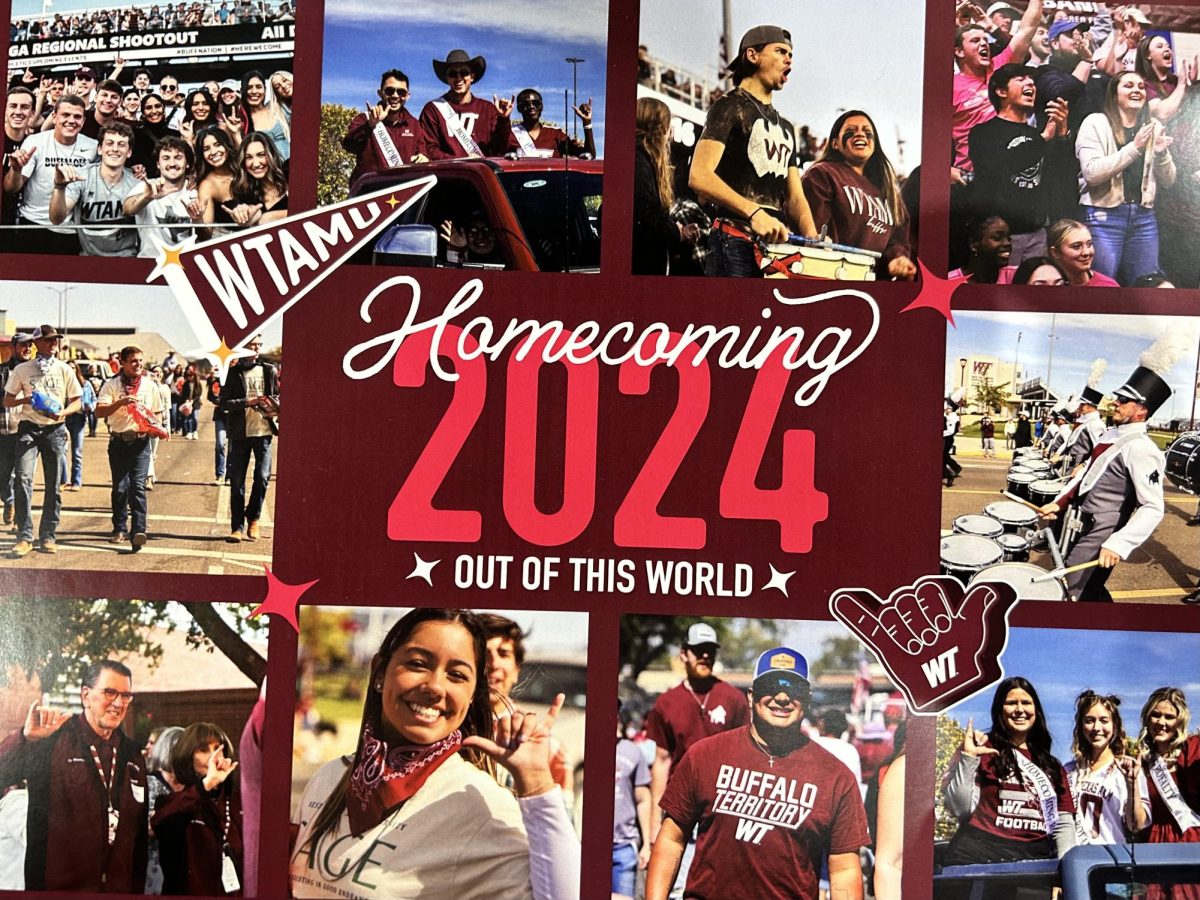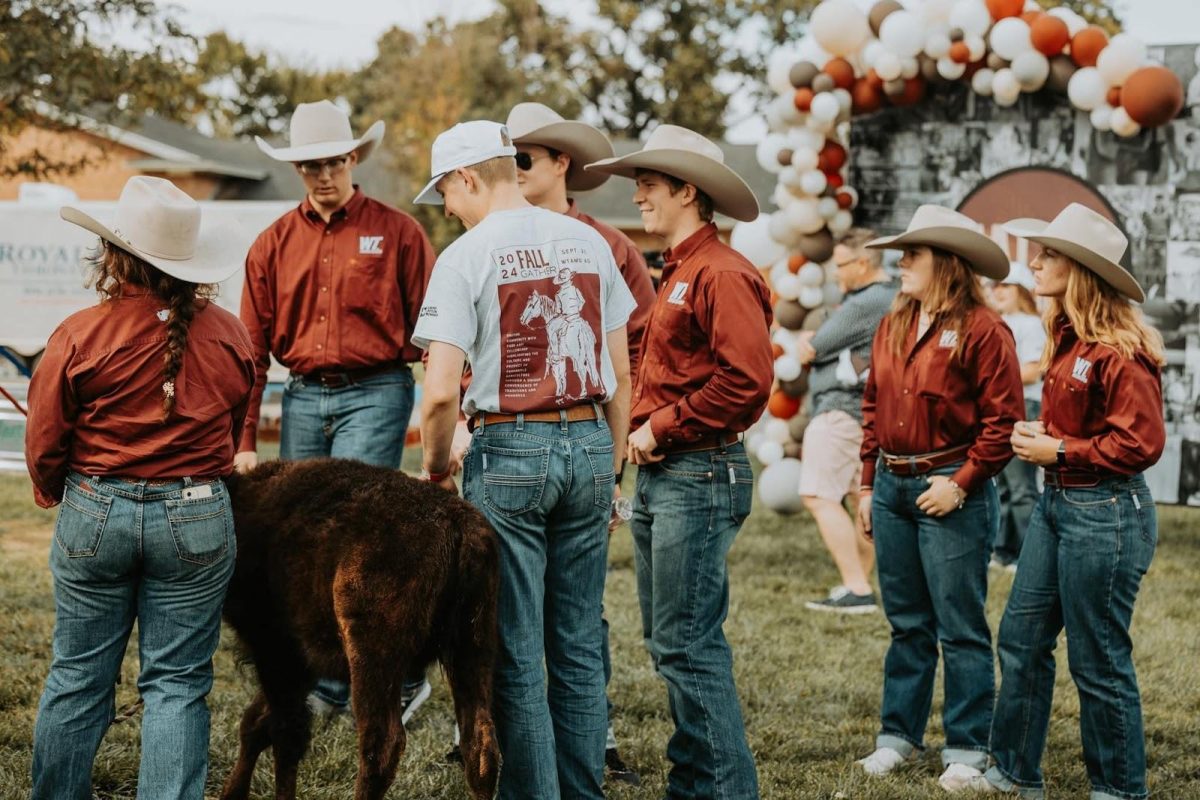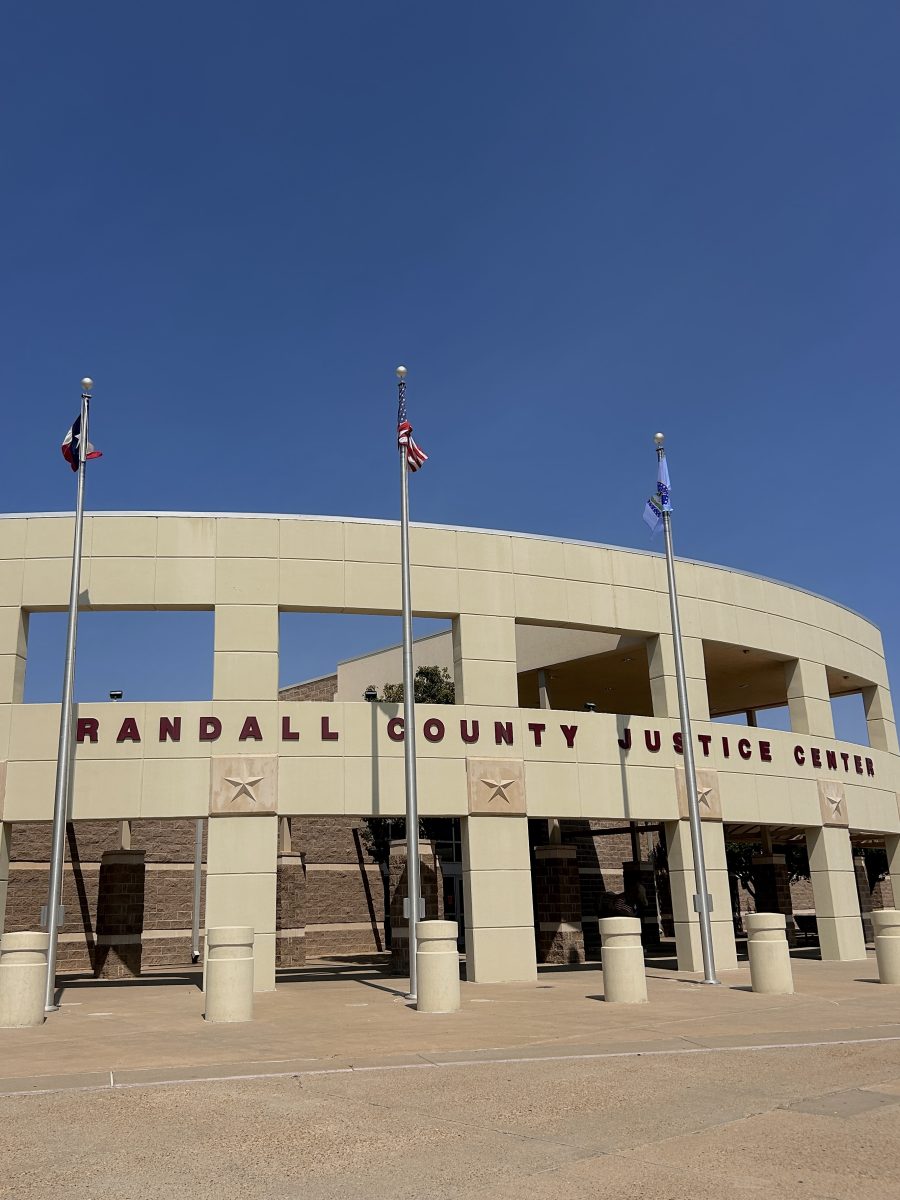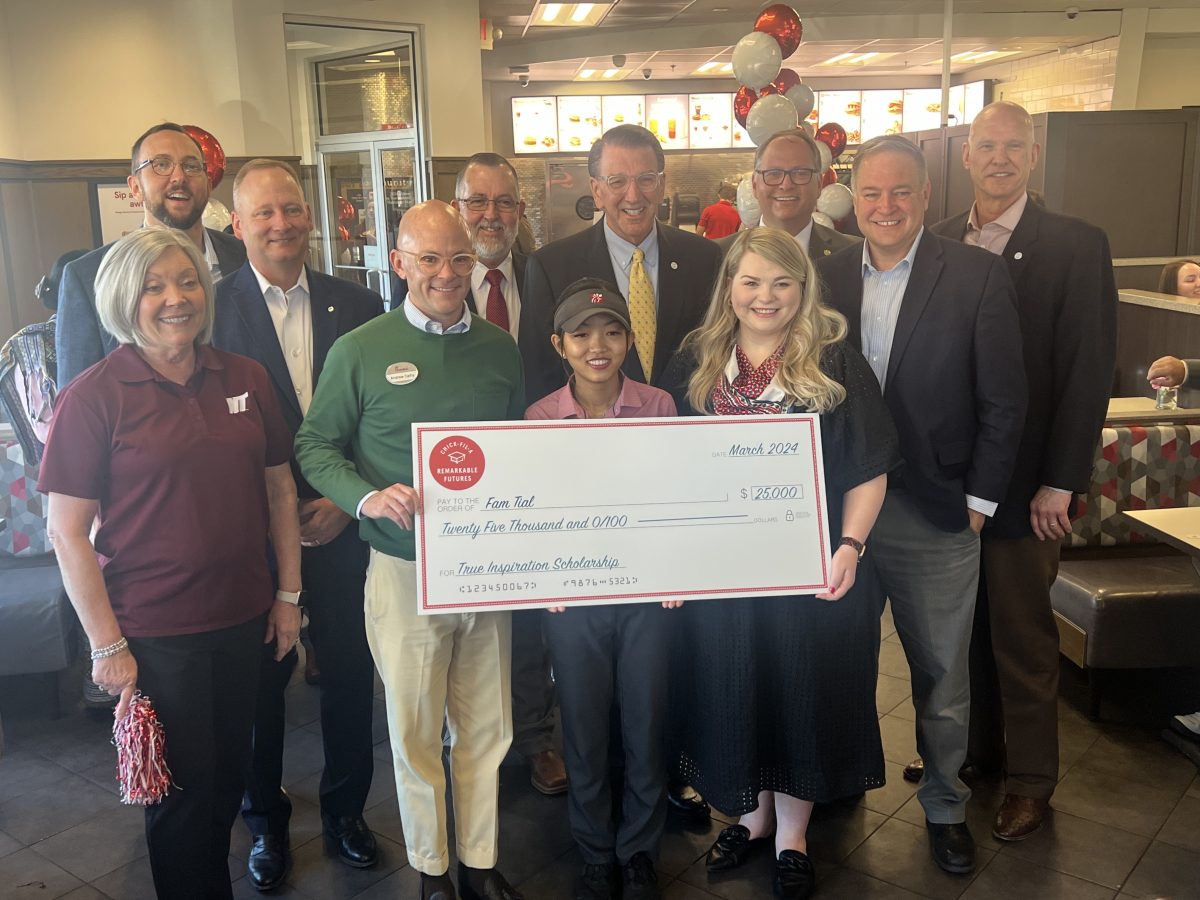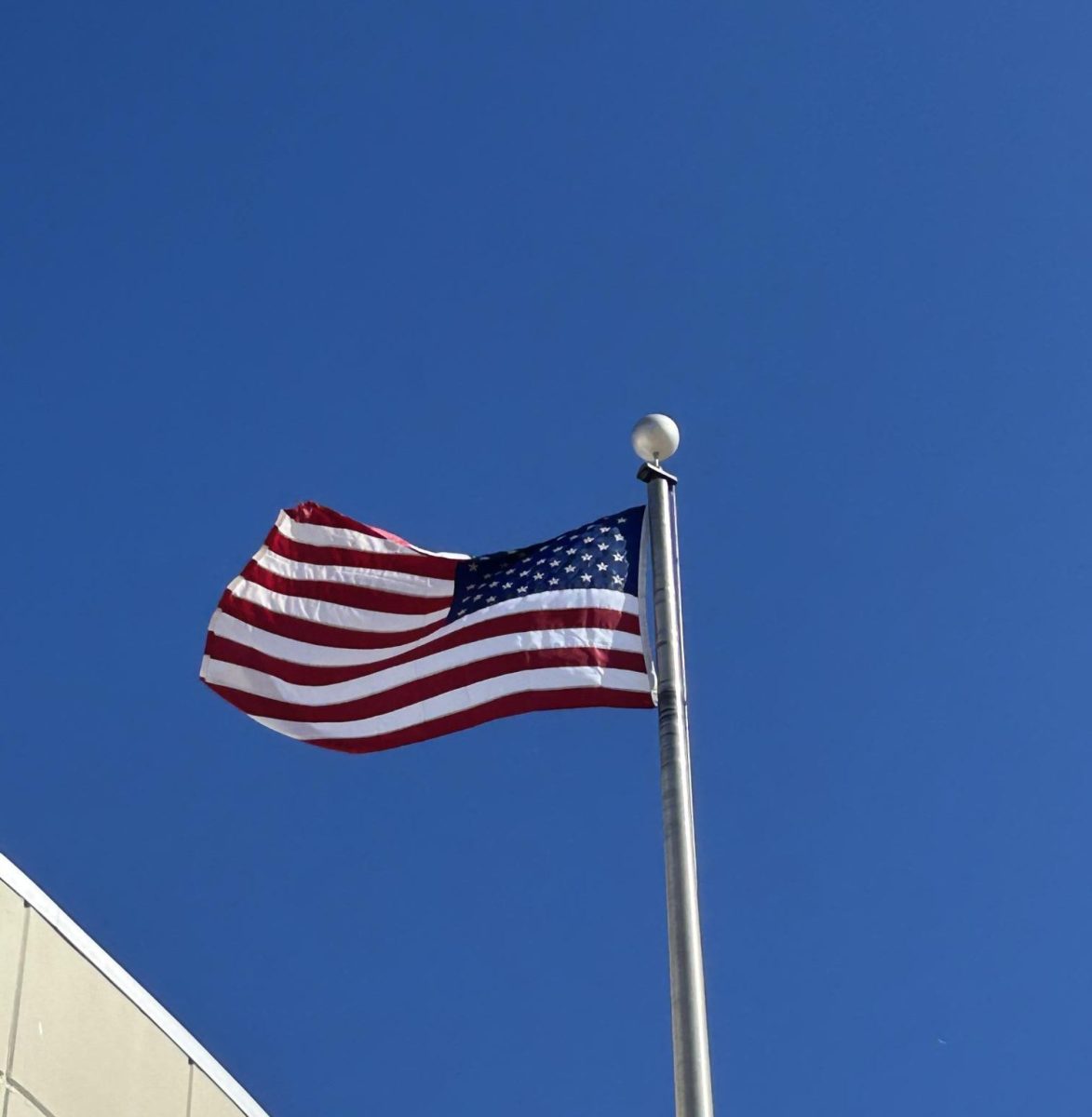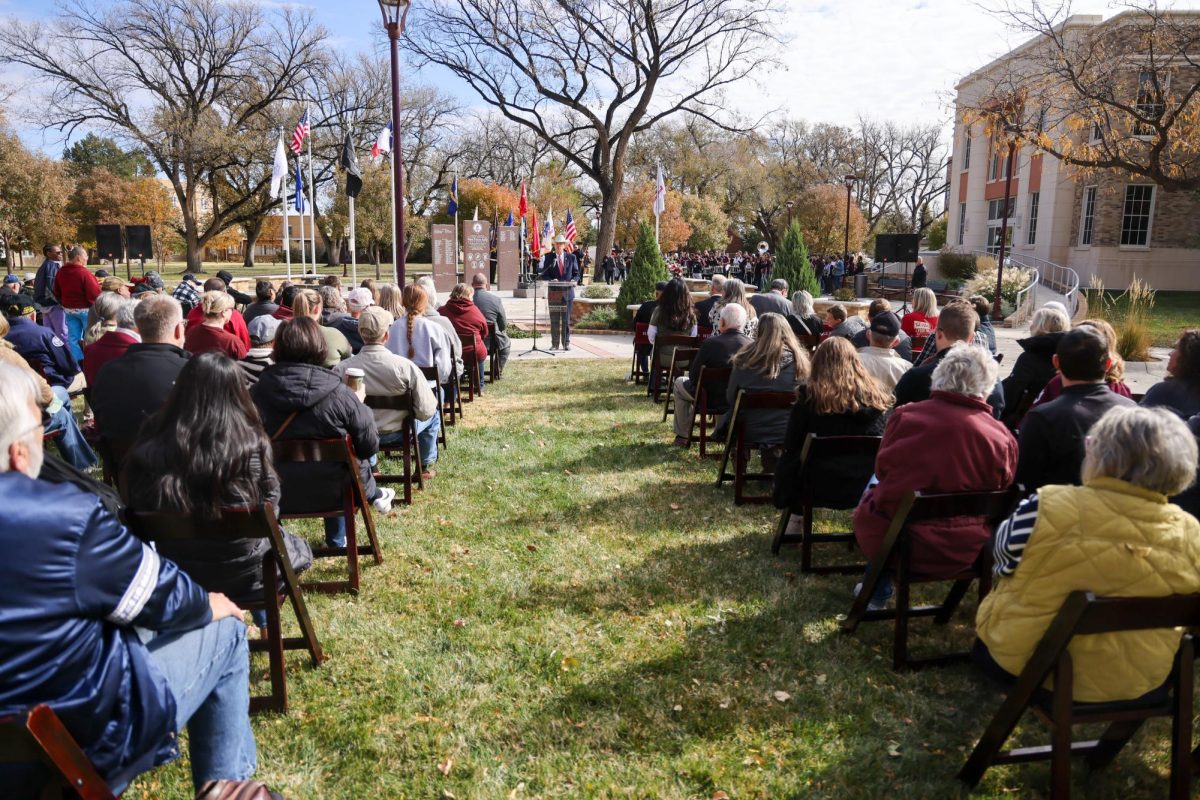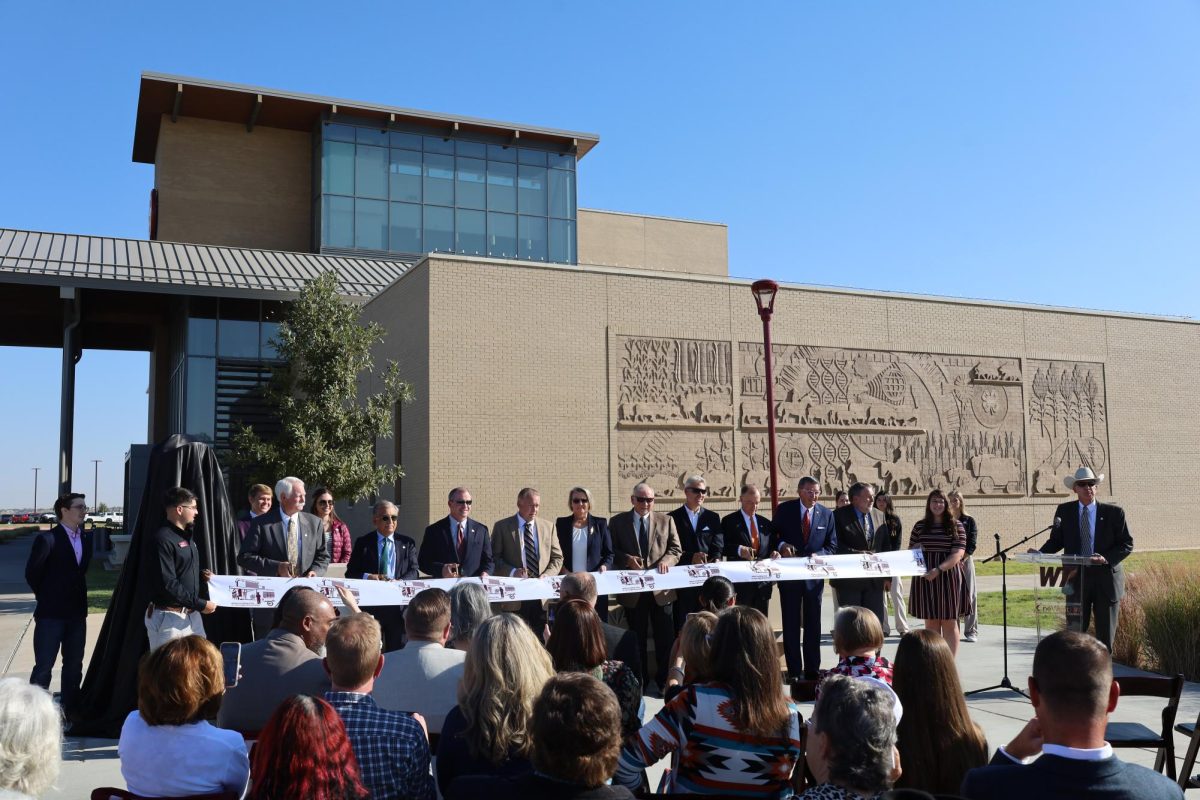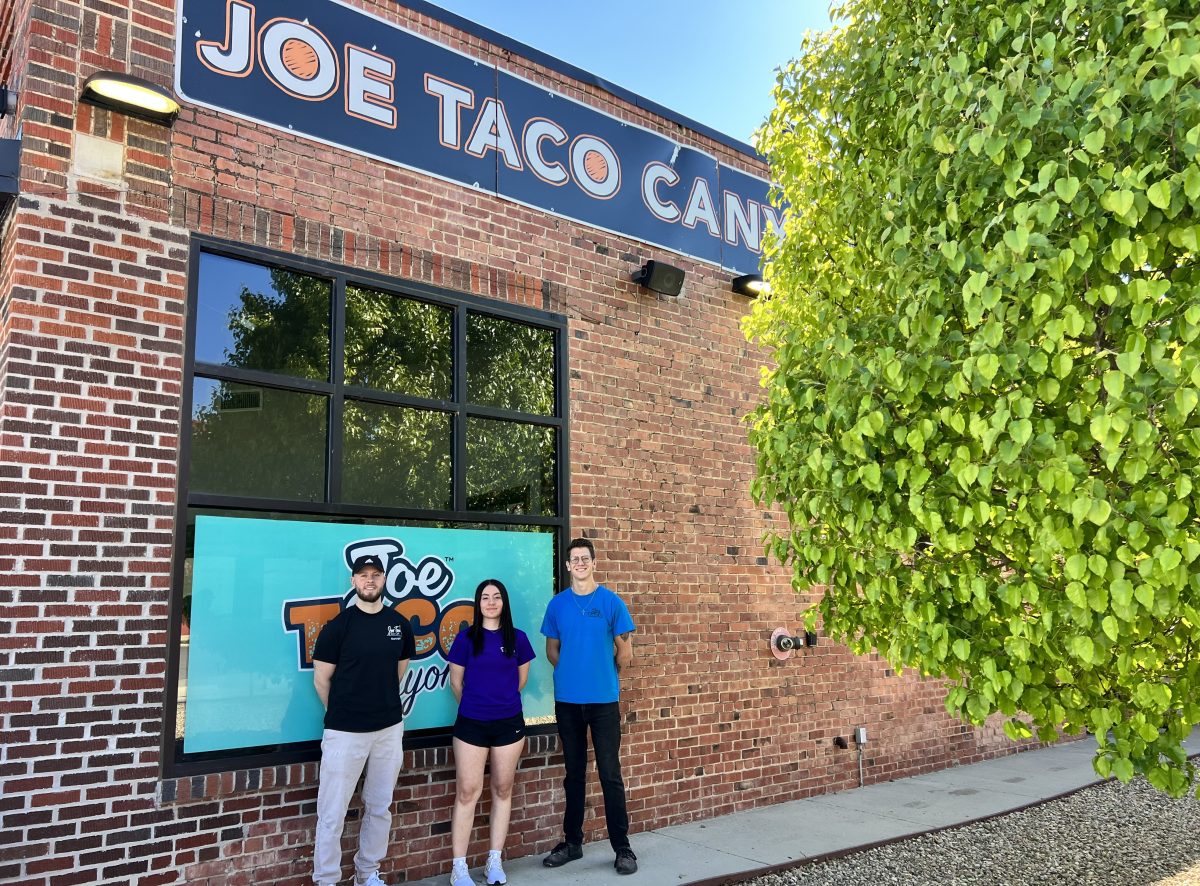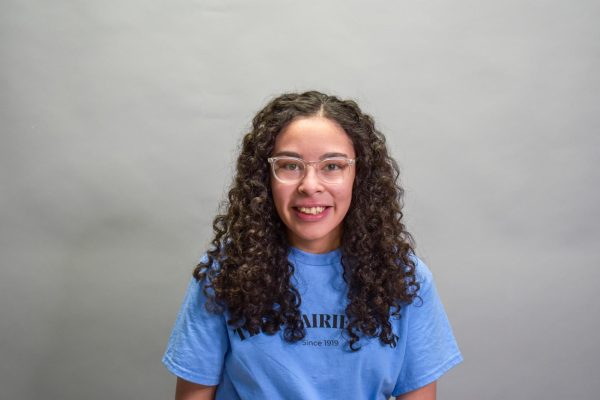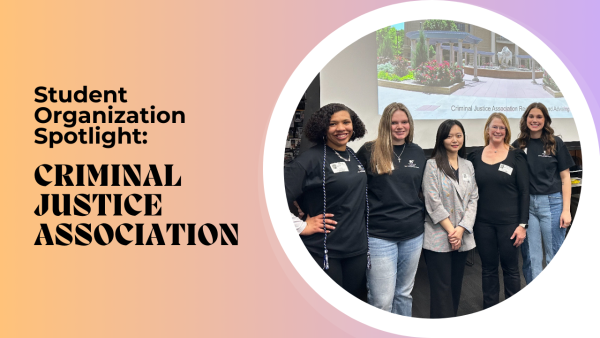
With a threefold mission focused on personal growth, community engagement and professional development, the Criminal Justice Association provides a platform for students to delve into the intricacies of criminal justice. The organization’s president, Tia Lee, reflected on her involvement in the organization.
What is the Criminal Justice Association?
Tia Lee: The Criminal Justice Association is basically an association where students who have love for criminal justice come together. And we’re able to hear from different speakers in the field of criminal justice. And we even take different trips. Our most recent trip, we went to [the] Lubbock Detention Center, and then we went to Montford Unit [in Lubbock].
What does the Criminal Justice Association do for students at WT?
TL: I feel like we give them a lot of access to people who are in [criminal justice] fields so that way, people can ask specific questions to those individuals. Like, we had a Game Warden come out, and our Vice President Maddie is actually very interested in becoming a game warden, and so she’s able to talk to him a lot.
When and where do y’all meet?
TL: We meet every other Thursday at 5:30 p.m. in the Thunder Room [Downstairs JBK].
How many people are in your organization? Does it kind of fluctuate?
TL: It does fluctuate, especially depending on the semester, but currently, I’m going to say we have about 10 members. But we also have a lot of people who come to our meetings and aren’t members.
Why is it important to have an organization like this on campus, especially one like WT?
TL: I think it’s important just because criminal justice is such a broad field. And it’s something that everybody needs, like, we all need criminal justice, in some sort of [way], and I think it gives people a good idea of what to expect whenever you get into the real workforce after you leave college.
How does the organization provide professional development opportunities for its members?
TL: For me, I’m trying to work on getting an internship at the prison. And the only way I was able to do that was because we were actually able to tour the Clements Unit, which is in Amarillo. And I saw that they needed help, like in a psychiatric department, and that was something I was interested in doing. And so by me going out on that tour, I was able to talk to the psychiatrist there, I was able to get his information, and I’m in contact with him about starting the internship. And so all of our other members were able to do that.
How does the organization foster a sense of community and collaboration among its members?
TL: We honestly have a lot of fun together. Like every time we’re together, we just have fun. I keep referring back to our prison trips, but that’s just like the time that we have the most fun for some reason. I know, it’s like prison is like a scary place, but we always have a lot of fun there. And I feel like sometimes we go out to dinners together, and we’re able to like, get to know one another.
Thinking about your organization, it’s not just criminal justice majors. Can you speak a little more about how there are [different majors involved in the organization]?
TL: For me, being a psychology major and the president, I think it’s very important that people realize that [the organization] isn’t just for criminal justice majors. Now, yes, don’t get me wrong, most of our members are criminal justice majors. But I think it’s very important like everybody’s available to come. I always make it known to anybody, they want to come, please come. And I think it’s important… for example, if you’re really into criminal justice, and you’re super into true crime and stuff, I think it’s really cool for you to be able to come and then, either go on our prison trips, or talk to a guard or talk to a game warden, and we’re even able to hear some the behind the scenes stories of what they did, and it’s really cool.
How does the Criminal Justice Association contribute to promoting awareness and understanding of issues related to criminal justice on campus and in the community?
TL: This last semester, we’re going to try to do this every year… It’s called Know Your Rights night. So basically, we get a panel of guests. Last year, we had Judge Dee Johnson, Professor Gordon Eatley, Randall Country’s, DA Robert Love, and UPD Lt. Barbara Ferrara-Faltinek. We had those [guests] and they came out and they sat on the stage and people in the audience were able to ask questions. So we had a lot of people ask questions about things like drugs. And like, “If I have a gun, what do I do whenever I get pulled over?” and the proper steps to get pulled over. I really want to make the event bigger because I want more students to come out. I really feel like a lot of people don’t know their rights. And, like, everybody knows what you can’t do wrong, but nobody knows what you’re able to do.
How can people stay in touch or contact or even get involved with the Criminal Justice Association?
TL: I feel like the number one way is to contact me somehow; I’m very open, like you can call me (806.620.9603) or email me (talee1@buffs.wtamu.edu). We even have an Instagram (@wtcja). So, like, if somebody just wants to DM the Instagram, one of the execs will see it and one of us will reply. Another good way is just to ask any criminal justice professor because our criminal justice professors are really involved in our organization.
Do y’all have any plans for the future?
TL: We have been looking at going to a conference and something else we did, we were able to go speak to [Amarillo ISD’s] law class. They have [AmTech] and the students from the different campuses are able to go to the [AmTech] center and they’re able to learn [things like] law, mechanics, engineering, just a bunch of different stuff. And they’re actually involved in something called SkillsUSA, which is a competition for high schoolers… And we’re actually interested in getting into competition ourselves. And so right now, we’re trying to do fundraising. We’re going to start doing competitions in next semester, hopefully. And I still want to bring back our Know Your Rights night, and I’m really trying to get like the active shooter simulator done like once a semester. Also, when I say active shooter, it’s not just active shooter. Whenever somebody says active shooter in like law enforcement, we’re talking about, obviously somebody coming in with a gun, but like somebody coming in with a knife and starting to stab people, and somebody coming in with, like, a bomb or somebody coming in with a weapon. And so, I just want to get the school prepared for that. Like I know, we’re a safe university but at the same time, stuff like that happens.
What made you want to get involved with the CJA?
TL: Honestly, When I first came to WT, I just wanted to get involved in as much stuff as possible. And so then, my first major when I came here was engineering. And I couldn’t do that. So then I decided to switch over criminal justice to try to become a lawyer. And then I joined the organization because our previous president, who’s actually in law school right now, just got accepted into Baylor. And I knew her and I knew she was trying to be a lawyer as well. And so I decided to join the organization because of her.
How has that been like so far, especially like seeing you start out and then moving up to President?
TL: I like it; I enjoyed it a lot. I enjoy, like, all the different changes we’ve been able to make, and like the different changes that the organization has gone through over the past three
years while I’ve been in it. And I’m really excited to just see it grow and stuff.
Is there anything else you’d like to share about your organization?
TL: I think it’s really important that people come, especially if you’re a true crime junkie, or like, you’re very into just like true crimes, and you want to know more about your rights. Just because we don’t have a speaker speaking on your specific thing that you want to hear about that day… I’m always looking for people to tell me who they want to come out and [hear from] because I look for anybody to come out and speak to us.
What is the Criminal Justice Association doing now to try and get their name out there and make sure that everyone knows that it’s an organization on campus?
TL: A big thing we are doing is like talking to our classes. I told my members to speak in their classes and be like, “Hey, we’re having this like y’all should come.” And we’re trying to get more of a social media presence because we haven’t had them recently. We’re just trying to get our name out, like through Instagram, we’re trying to be more social, and we’re trying to do more events, and like we’re trying to be more present on campus.



